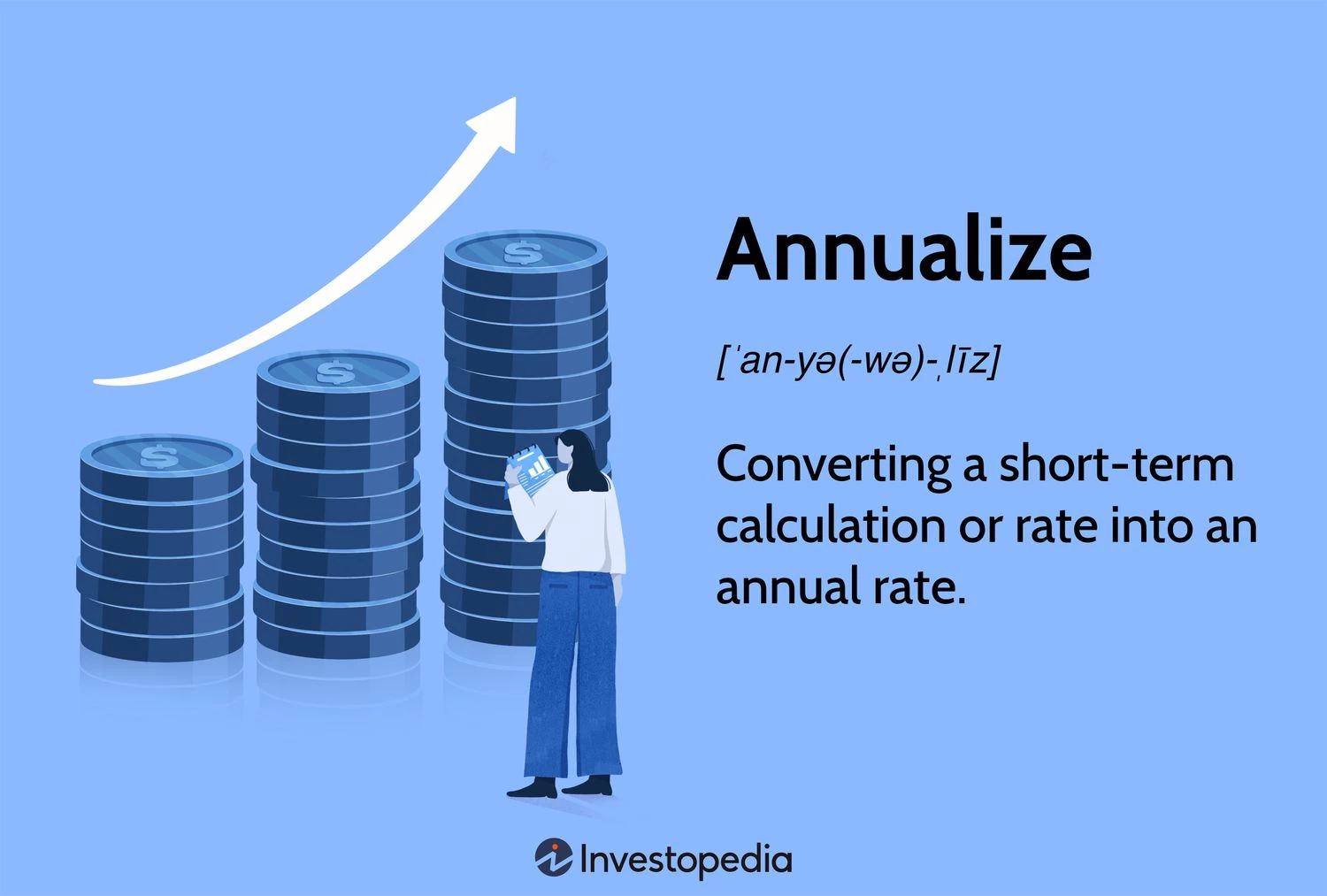Discovering the Inner Workings of Securities Companies
When entrusting their funds, many individual investors turn to established securities firms or investment dealers for financial guidance. These firms, known for their extensive workforce, instill confidence in investors by showcasing a team of seasoned professionals managing their investments.
Despite the vast size of these institutions, our direct interactions typically revolve around a single employee, like our investment advisor or broker. So, how exactly does the inner workings of a large securities firm operate?
In this comprehensive guide, we will delve into the structure of a typical securities firm, exploring its various departments and the crucial roles played by different employees.
How a Large Securities Firm May Be Structured
A typical large securities firm comprises several essential departments:
- Sales
- Underwriting and Financing
- Trading
- Research and Portfolio Management
- Administration
While smaller boutique firms may focus on specific business areas like retail sales, their operations align closely with those of larger firms within the respective departments.
Sales
The sales department is typically the largest in a securities firm, engaging most with individual retail investors. It includes investment advisors who cater to various investment needs, from stockbroking to mutual funds and life insurance sales.
Additionally, there’s an institutional sales division that focuses on new securities issues and caters to institutional client firms like pension funds. Their role extends to ensuring client loyalty through strategic share allocations.
Institutional sales contributes significantly to firm profits due to high transaction volumes and commissions. This department collaborates closely with the trading division to maintain account integrity.
Underwriting and Financing
The underwriting or financing department liaises closely with the institutional sales team to coordinate new securities issues. It negotiates terms with issuing entities, determining security types, pricing, interest rates, and other critical features.
This department may be split into corporate and government finance divisions, each focusing on distinct financial needs.
For instance, corporate finance deals with stocks, bonds, and securities, while government finance concentrates on bond and Treasury bill issuances.
Trading
The trading department includes separate divisions for trading various securities like bonds, stocks, and specialized financial instruments. Traders may specialize further, focusing on specific segments of the bond market or stock exchanges.
Traders also handle mutual funds, exchange-traded funds, options, commodities, or futures contracts based on firm specialization.
Research and Portfolio Management
The research department supports all firm divisions, providing essential analysis for traders, salespeople, and underwriters. Researchers specialize in securities analysis, catering to both retail and institutional clients.
The administration department ensures operational efficiency, compliance with regulatory standards, and proper accounting for all trades. It plays a vital role in overseeing internal resources and maintaining the firm’s financial stability.
The Bottom Line
While securities firms remain enigmatic to many investors, understanding their inner workings is crucial for maximizing investment returns. Delving deeper into the various roles within these institutions can provide valuable insights for investors seeking to navigate the financial landscape.





